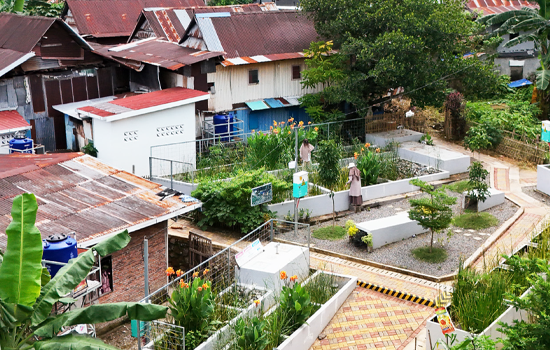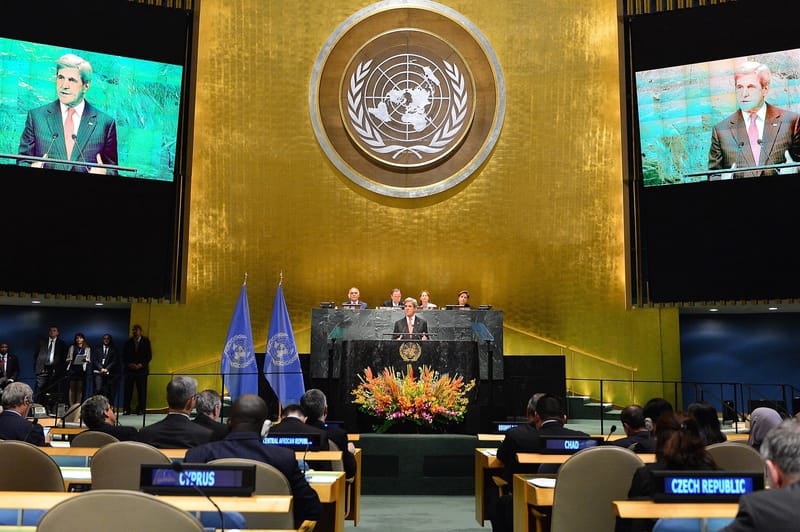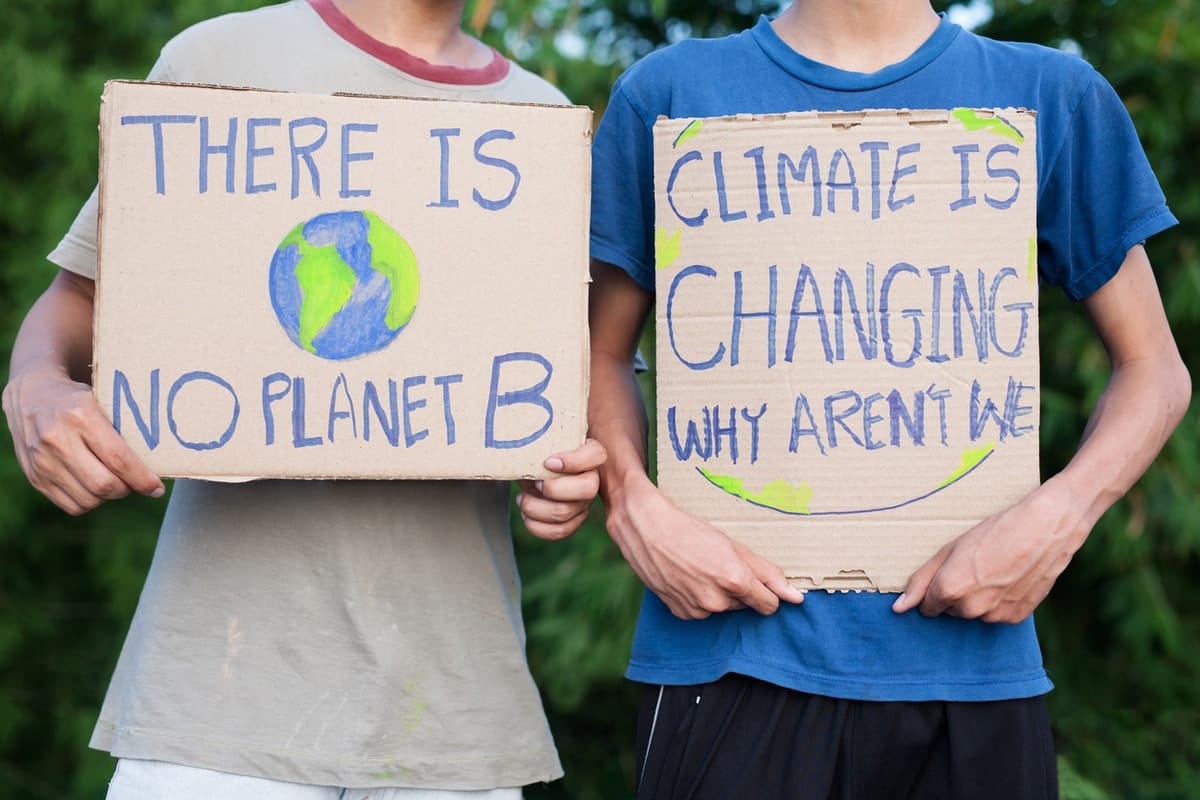
“Climate emergency” has been declared 2019’s top word. Rising in usage by 10,796 per cent, it headed a shortlist compiled by Oxford Dictionaries of terms that reflected the “ethos, mood, or preoccupations” of the past year. But, hang on, wait … there’s another contender. Collins Dictionary last month declared “climate strike ” to be its word of the year.
Whoever’s the true title holder isn’t important. The mere fact that these two phrases were frontrunners reflects a growing movement around the world.
Advocacy groups, media organisations, local governments (including in Australia), UN institutions and the UK parliament are shifting their language around climate change to be more powerful, and emotive. Conventional terminology is being superseded by expressions such as climate emergency, climate crisis and climate breakdown, which are seen as more accurately describing what’s happening around us.
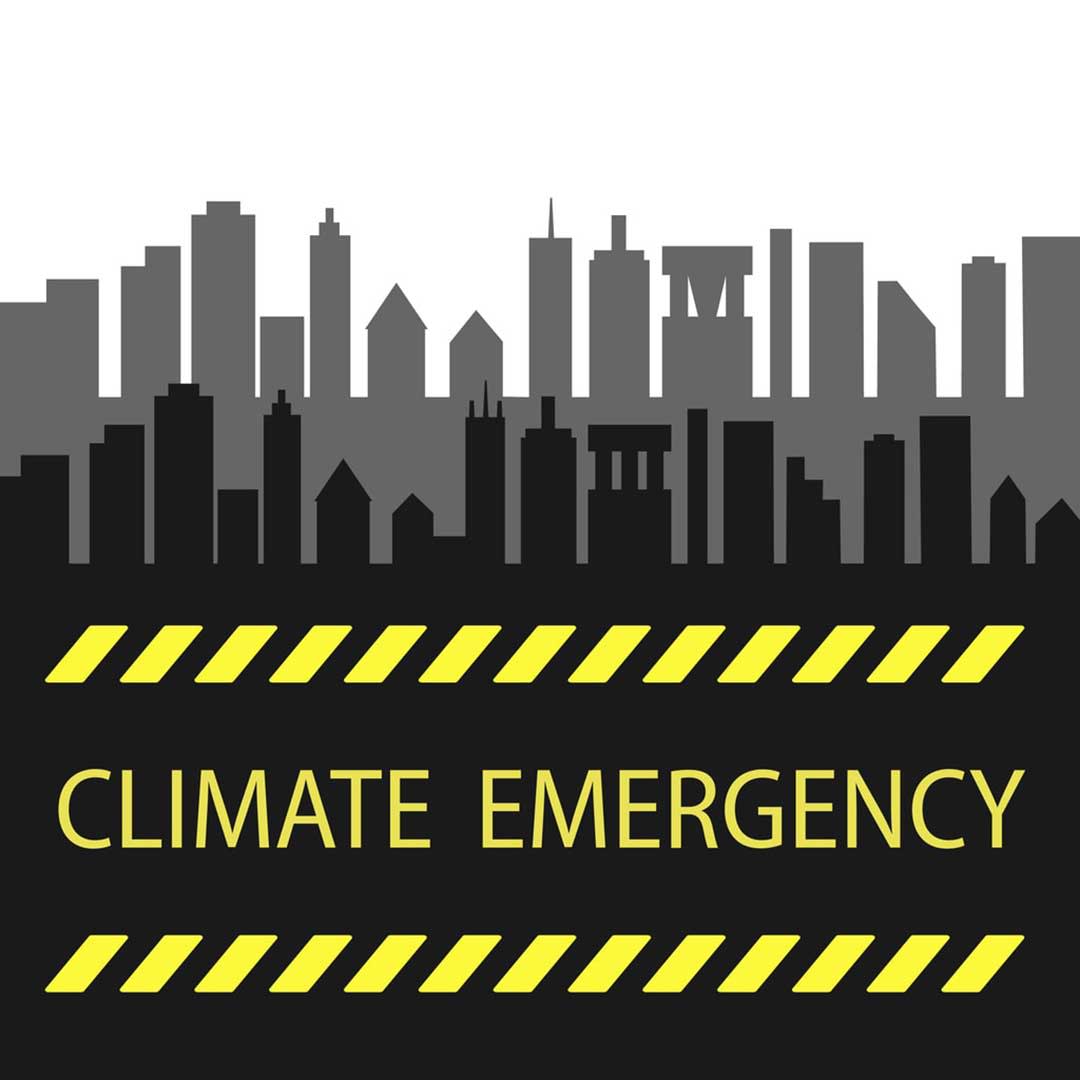
But is this rebranding the correct way to go? It’s certainly not new. The debate over climate change language dates back decades. US president George W. Bush, for example, accepted advice from Republican strategist Frank Luntz to adopt climate change as a catch-all term, because it was a less scary proposition than global warming.
Others have argued that the term global warming implies a pleasant temperature rise and thoughts of pina coladas by the beach. This has allowed the likes of former Australian prime minister Tony Abbott to brazenly claim climate change could actually be beneficial because “ far more people die in cold snaps”.
Studies have shown that language can influence people’s behaviour, but the use of more powerful language has mainly occurred within advocacy, political and media circles. The scientific community has, until recently, remained largely more constrained in their language.
Many researchers, such as respected Yale expert Dan Kahan, say providing facts and statistics is no longer enough. People interpret information in different ways, depending on the values they hold, and these wider social, political, cultural, religious and historical factors must be considered to understand behaviour and elicit change.
Dismissive of terminology
The new terminology is often dismissed by critics as politicised declarations that are fear-based, overly dramatic and manipulative, and that don’t necessarily lead to long-term motivation or behaviour change. Crisis-laden language can also be viewed as unhelpful because it can lead to people – particularly those who are undecided or disengaged – feeling overwhelmed, powerless and afraid. Others argue it can make people falsely feel they’re doing something to counter climate change.
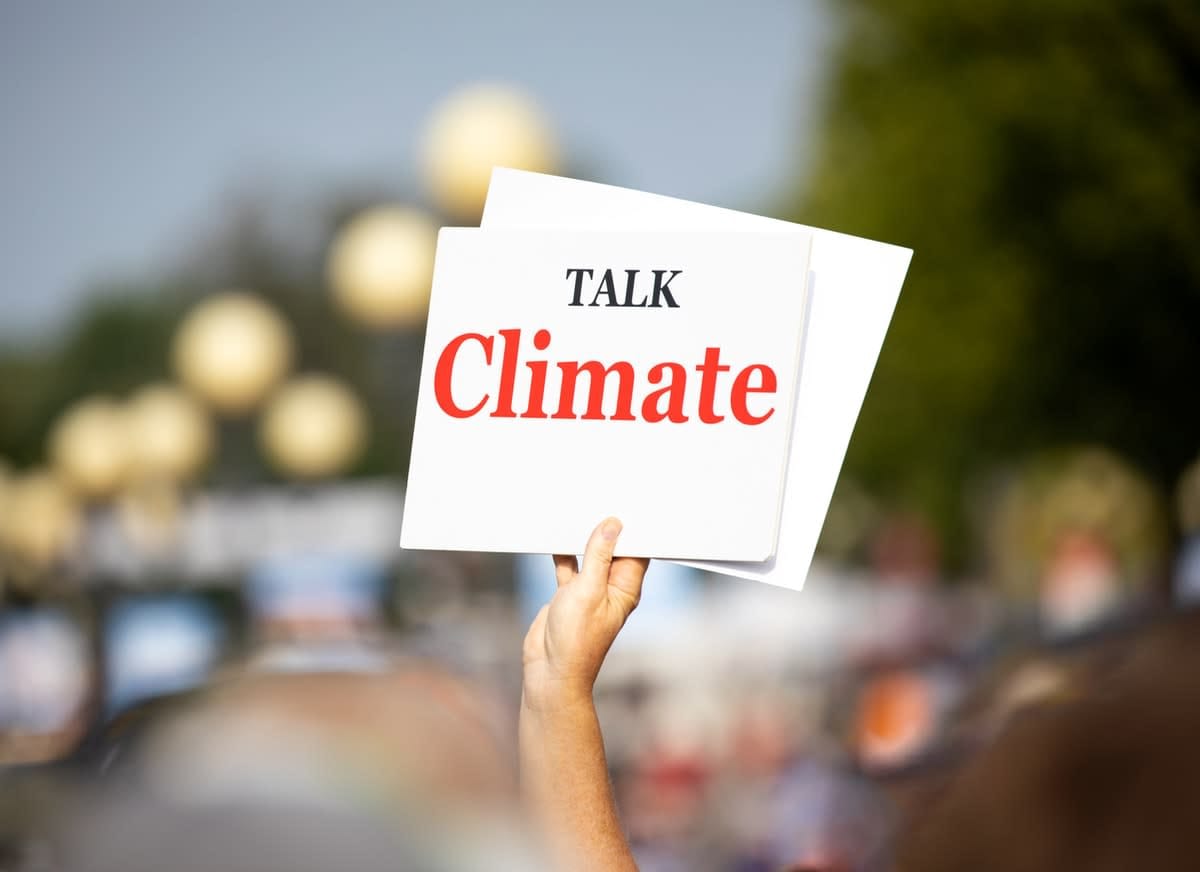
There’s also the challenge of “crisis fatigue”, where stronger terminology draws attention to immediate threats, but in slow-moving situations, the urgency to respond loses its appeal over time. As prominent climate communication expert Dr David Holmes, director of the Climate Change Communication Research Hub states: "There is a limited semantic ‘budget’ for using the language of emergency, and it’s possible you can lose audiences over time, particularly if there are no meaningful policies addressing the fact that there really is an ongoing emergency."
On the flipside, advocates state the use of the terms “climate change” and “global warming” hasn’t resulted in the action needed, with former US vice-president and activist Al Gore a high-profile advocate for the use of the term “climate crisis”.
And the use of such language is gaining popularity. Both Oxford and Collins say their respective words were used 100 times more than they were last year; “emergency” was previously more likely to be linked with health, hospital and family situations, while “climate strike” has taken off following the inspirational efforts of Swedish teenager Greta Thunberg.
Both Oxford and Collins say their respective words were used 100 times more than they were last year.
“Climate collocations”, “climate crisis actions”, “climate denial”, “extinction”, “eco-anxiety” and “global heating” were all among the contenders for Oxford’s top gong, while Collins’ shortlist also included “rewilding”. Other new words that may ring a bell (some possibly more so than others) are “climate refugees”, “ocean acidification”, “solastalgia”, “blissonance”, “closed loop” and “climate science deniers”.
Recent events also indicate that some within the scientific community are putting aside conventional passive language. Last year’s UN Intergovernmental Panel on Climate Change report highlighted the short timeframe we have to implement “urgent and unprecedented” action to prevent disastrous conditions.
To many, this was a rather unambiguous wakeup call to the world, and was followed in November this year by more than 11,000 scientists signing a scientific paper designed to uphold a “moral obligation to clearly warn humanity of any catastrophic threat” and declare a climate emergency.
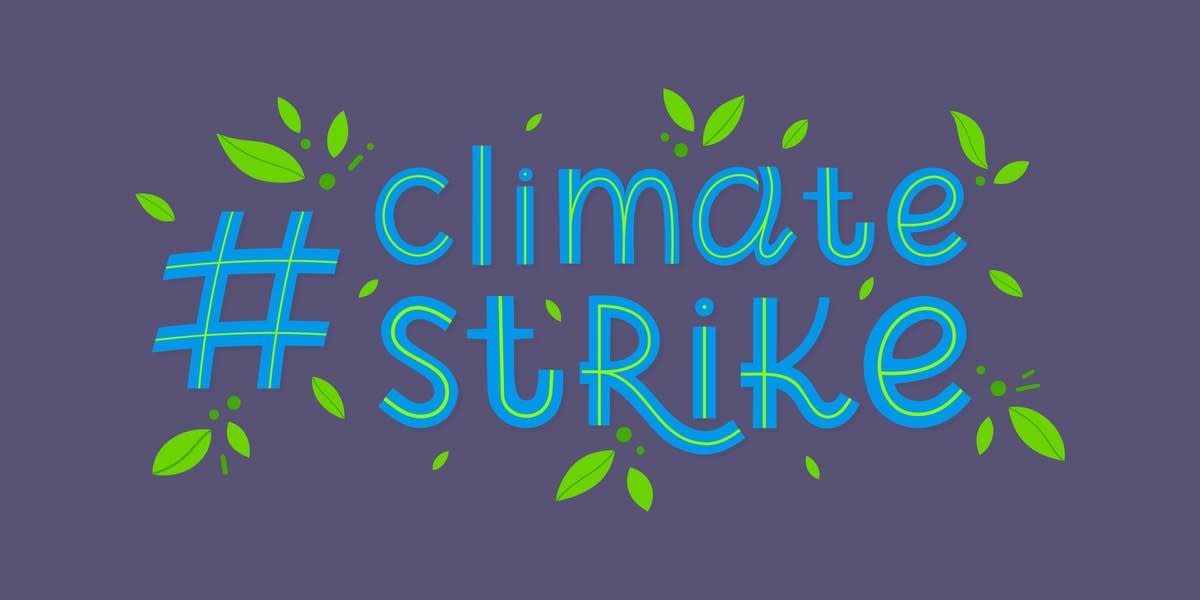
The Guardian also announced changes to its style guide, which has paved the way for more cautious counterparts to follow. Editor-in-chief Katharine Viner justified the decision by declaring: “The phrase ‘climate change’ ... sounds rather passive and gentle when what scientists are talking about is a catastrophe for humanity.”
Professor Andrew Mackintosh, a respected Monash University climate scientist and IPCC lead author, states: “I have no problems with the language of climate emergency; however, it depends on your strategy and the values alignment of your audience. I’m not sure if it’ll make any difference to those who don’t accept the science.”
Cautionary word
A word of caution – updating our climate language should be done judiciously, paying careful attention to the context and audience. And perhaps this is the crux of it all.
The messaging doesn’t need to be grounded in fear. Late last year, The Washington Post launched Climate Solutions, an initiative focused on individuals, companies and organisations exploring ways to address the impacts of climate change. By rebranding climate change alongside showcasing inspirational solutions, research, policy pathways and positive ways forward, people can be provided with a feeling that their collective actions can make a difference.
This article was co-authored by Stathi Paxinos, a Master of Environment and Sustainability graduate who joined MSDI's Education team as a casual research assistant in 2019. He was a journalist, editor and online producer at The Age newspaper for nearly 20 years, and is particularly interested in exploring creative ways to communicate messages and educate people about the challenges of sustainable development.



